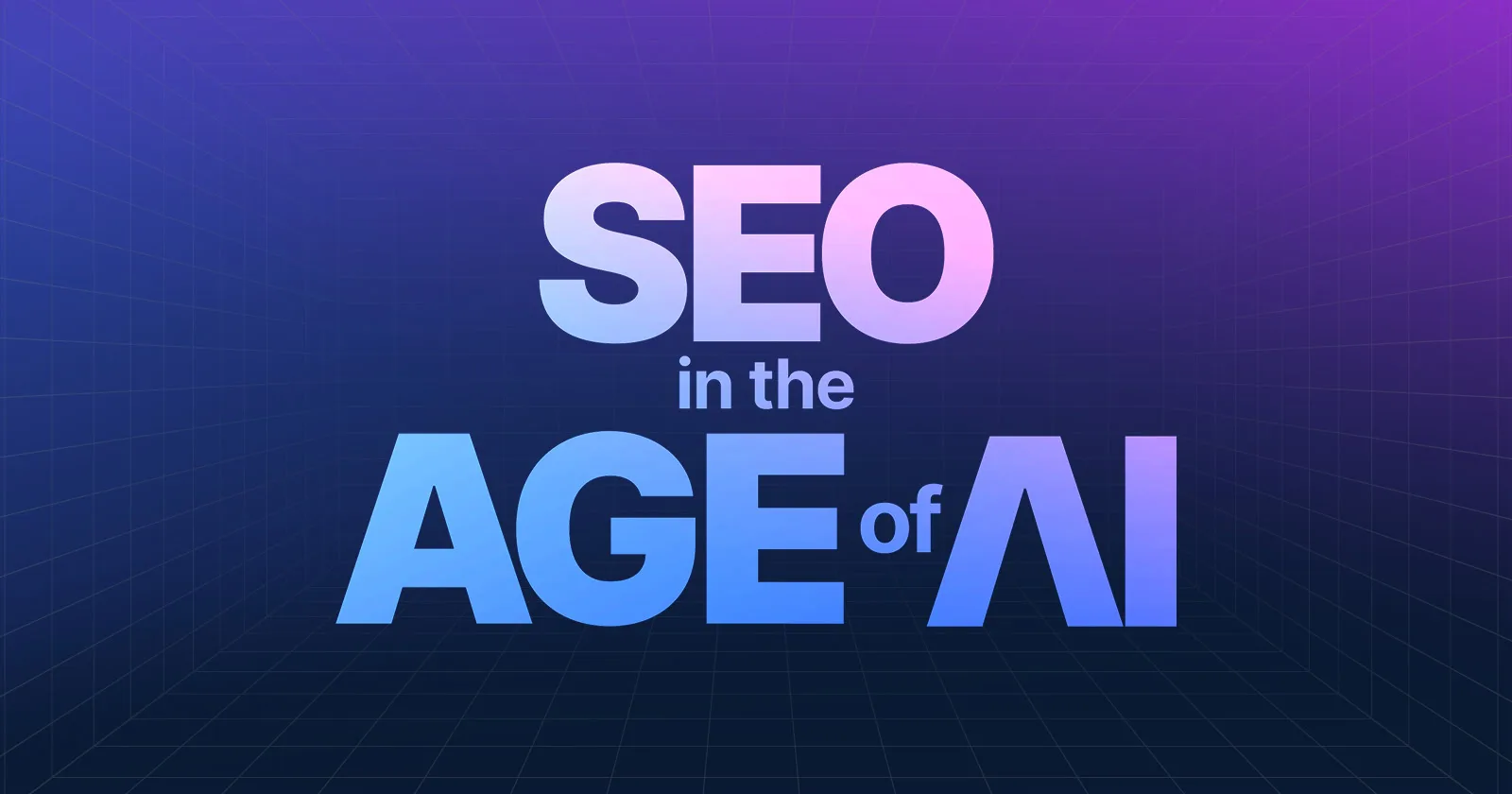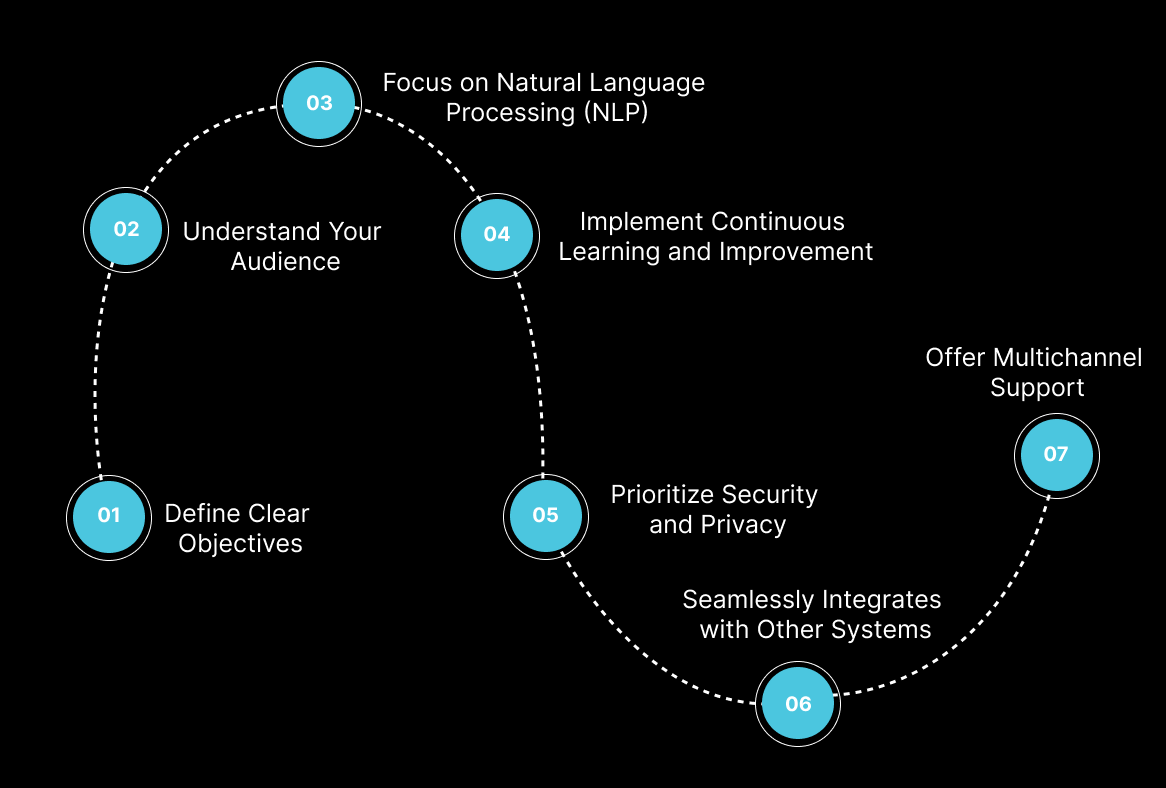Search Engine Optimization (SEO) has always been a moving target, but the rise of AI in search engines has accelerated the pace of change dramatically. For local businesses, staying visible in search results is crucial for attracting new customers and maintaining relationships with existing ones.
As search engines like Google increasingly incorporate AI to understand user intent and deliver more personalized results, local businesses need to adapt their SEO strategies accordingly. This article explores the changing landscape of SEO in the age of AI and provides practical guidance for local businesses looking to maintain and improve their online visibility.
How AI is Changing Search
Local SEO Fundamentals in the AI Era
Content Strategy for AI-Powered Search
Adapting to AI-Driven Search Features
Measuring SEO Success in the AI Era
Practical Next Steps for Local Businesses
Conclusion
As AI continues to transform search, local businesses that understand and adapt to these changes will maintain and improve their visibility. The good news is that AI-powered search is actually making it easier for truly local, relevant businesses to stand out—if they focus on authenticity and meeting customer needs rather than technical manipulation.
By creating genuinely helpful content that demonstrates local expertise, maintaining accurate business information across the web, and engaging authentically with your community online, your local business can thrive in search results even as the algorithms continue to evolve.
Need help adapting your local business's SEO strategy for the AI era? Contact us for a personalized assessment and action plan tailored to your specific market and industry.
Ready to transform your business with AI?
Our team of experts is ready to help you implement the strategies discussed in this article.
Schedule a ConsultationAlexandros Aidonis
Founder & CEO
Alexandros Aidonis is the founder and CEO of AIdonis, specializing in AI solutions for local businesses. Alex is passionate about helping small businesses leverage AI to compete with larger enterprises.




